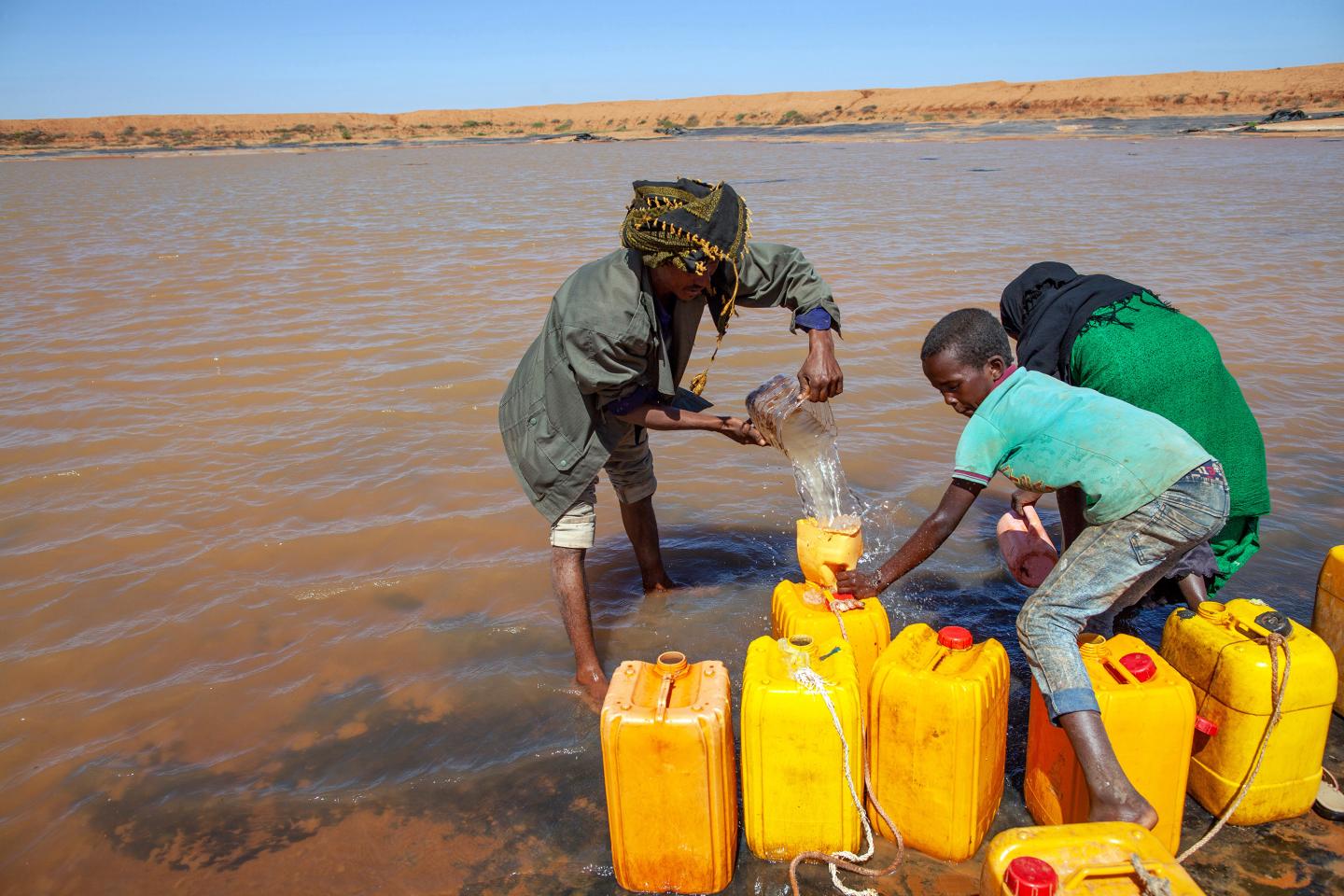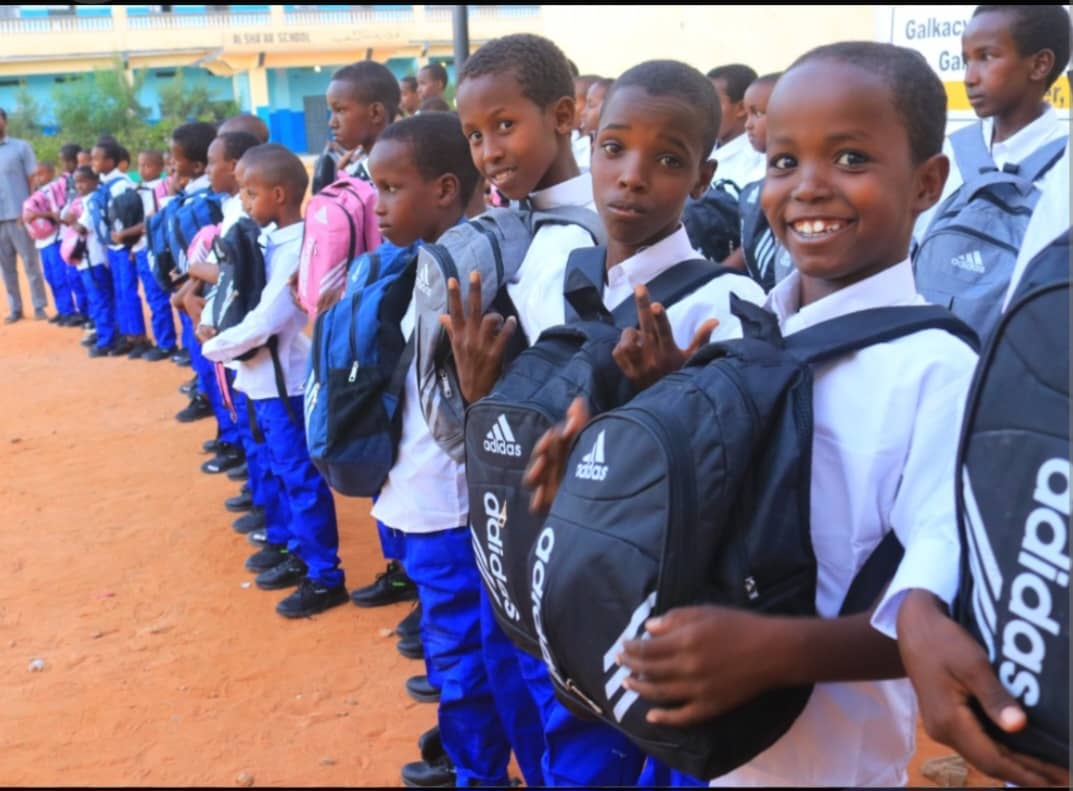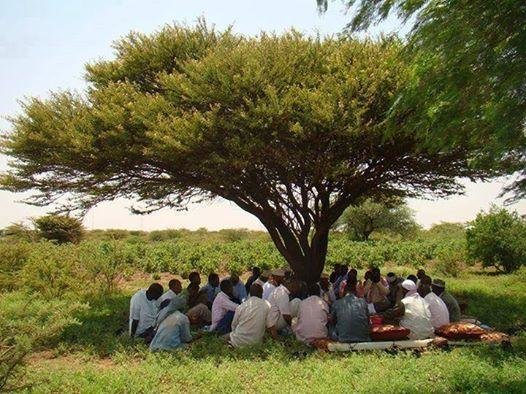Access to clean water is one of the biggest challenges for rural communities in the Somali Region, especially during the dry season, when water sources dry up. Families often travel long distances to find water for drinking, cooking, and livestock, increasing hardship and health risks.
Lack of clean water leads to disease outbreaks, loss of livestock, and forces children, particularly girls, to miss school. In some woredas, millions depend on emergency water trucking every year, showing how fragile rural water systems remain.
Sustainable solutions like solar-powered boreholes, rainwater harvesting, and community-managed water systems can make a lasting difference. Strengthening maintenance, linking water access with schools and health centres, and preparing for droughts are key steps.
Providing clean water also strengthens community resilience. When water is accessible, families can focus on livelihoods, children can attend school, and communities are better prepared to cope with prolonged dry periods.
Local involvement is critical. Training community members to maintain water points and manage resources ensures systems remain functional, even during the harshest months of the dry season.
Finally, investing in clean water is an investment in health, education, and economic stability. Access to safe water reduces disease, supports livestock and agriculture, and empowers communities to thrive despite the challenges of the dry season.



